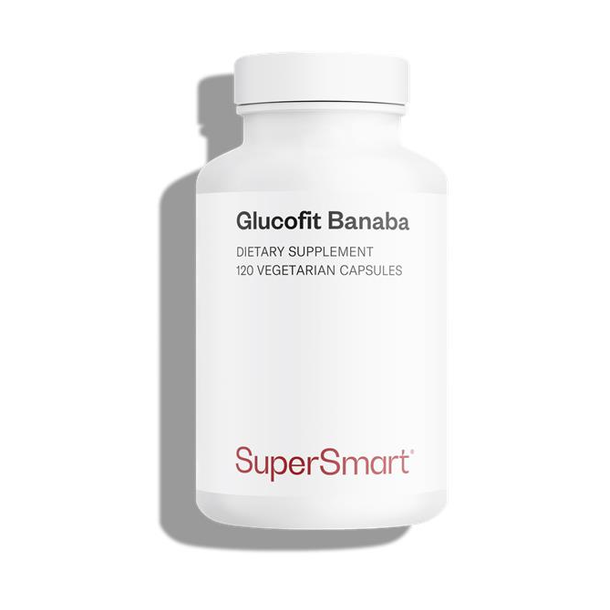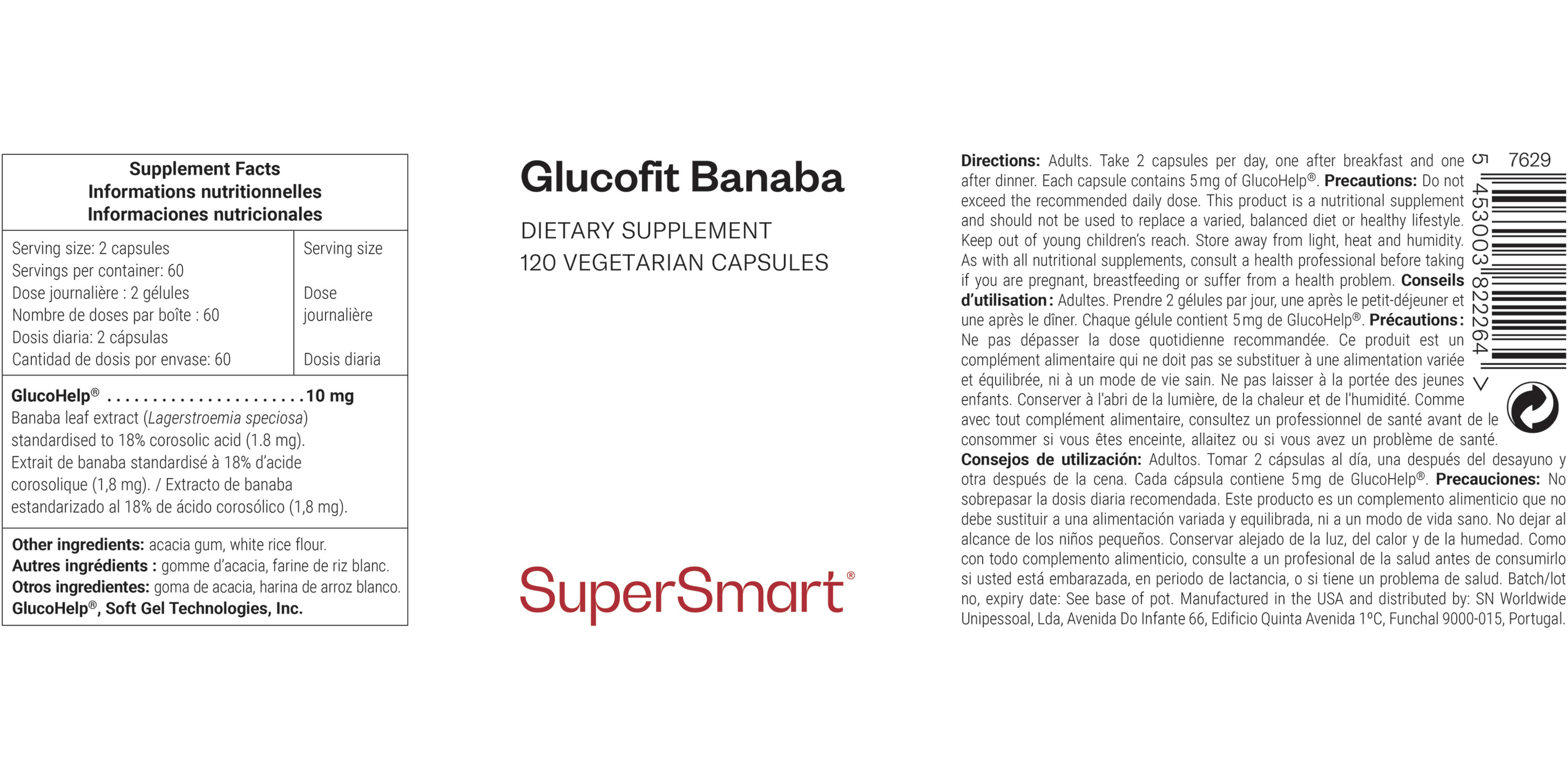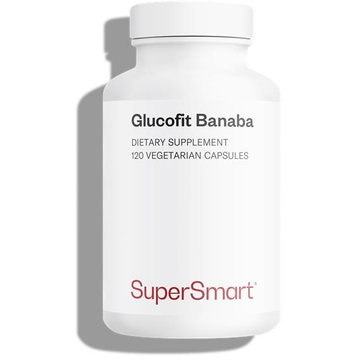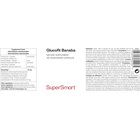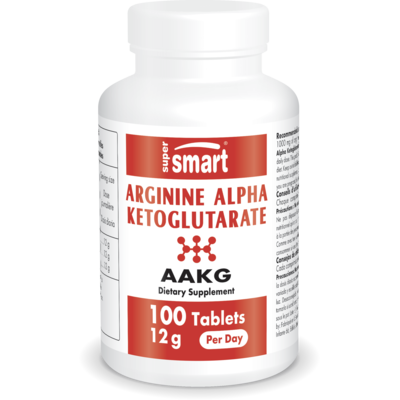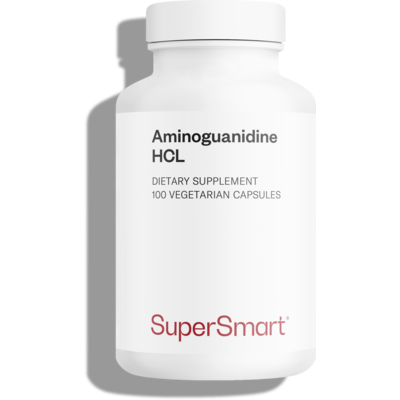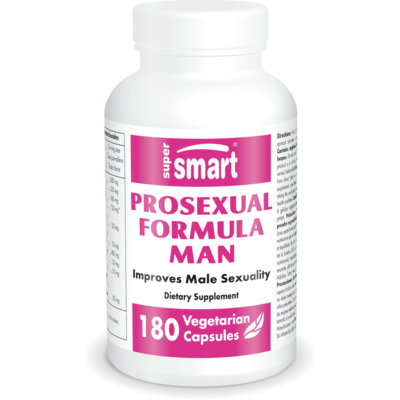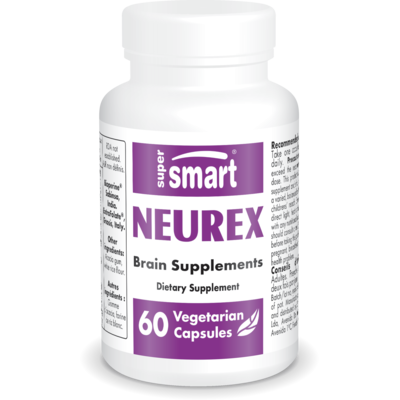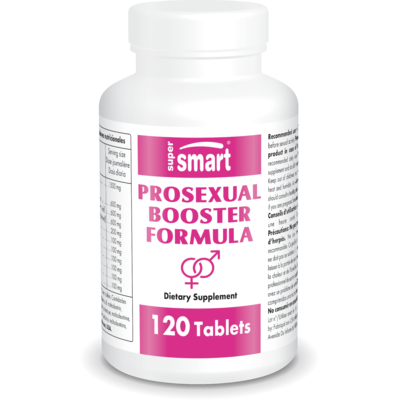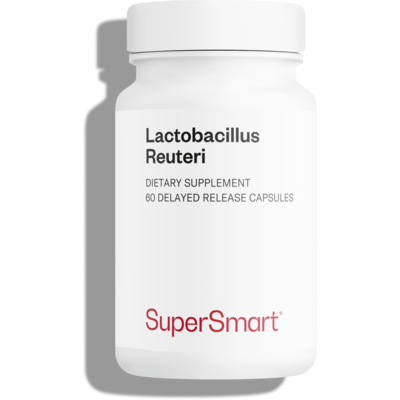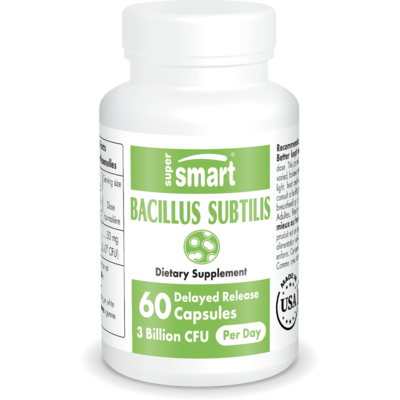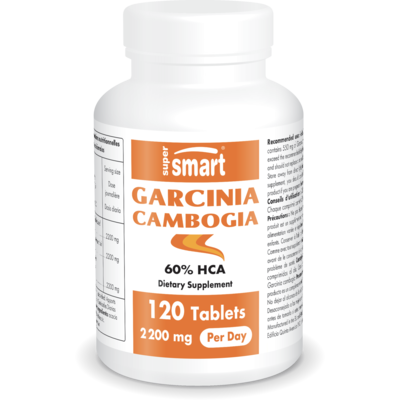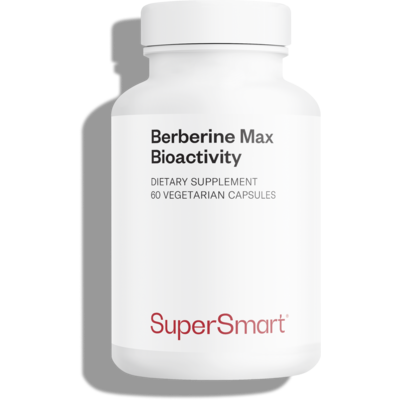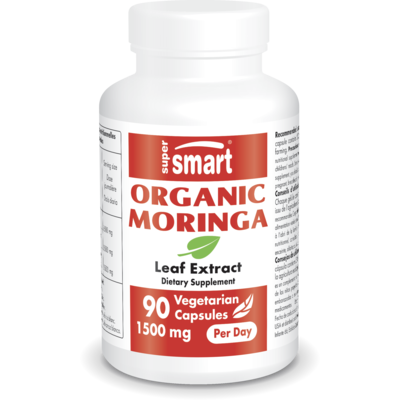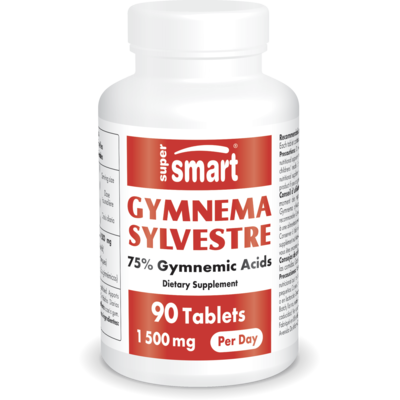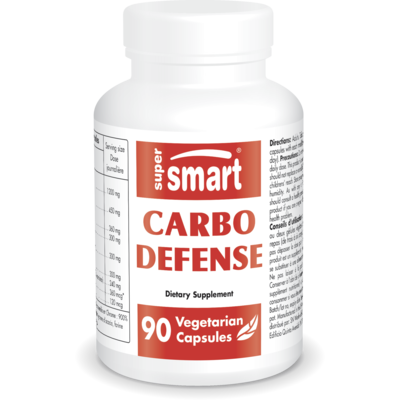Create Your Offer
Glucofit Banaba is a banaba supplement extracted naturally from the leaves of Lagerstroemia speciosa. This renowned Asian plant helps to regulate glycaemia and maintain a healthy weight. Its content of corosolic acid, the plant’s main active ingredient, is standardised to 18% for maximum efficacy.
Why is it so important to lower glycaemia?
Blood sugar control is a key indication of good health. To understand why, we need to take a moment to look at carbohydrate metabolism.
During digestion, carbohydrates are broken down by digestive enzymes into simple, directly-absorbed sugars called monosaccharides, the chief one being glucose. Glucose moves directly into capillaries in the intestinal villi and then travels to the liver via the hepatic portal vein, producing an increase in glycaemia. At this point, the glucose can either:
- remain in the blood to maintain normal glycaemia;
- be used directly by the liver for its metabolic activity;
- reach the body’s cells to serve as instant fuel;
- be stored in the liver and/or skeletal muscle as glycogen, a form of energy storage.
The last two options are governed by pancreatic hormone, a hormone secreted by the pancreas: its fundamental role is to lower blood sugar levels by, in particular, promoting the absorption of glucose by cells.
If glycaemia is too high, however, these ‘buffer’ mechanisms become saturated. The pancreatic hormone then converts the excess glucose into fat deposits which will be stored in adipose tissue, potentially leading to weight gain.
What’s more, in overweight individuals, cell receptors tend to become indifferent to the pancreatic hormone, preventing the uptake of glucose, so creating a vicious circle: this is referred to as pancreatic hormone resistance. (1) It’s the starting point for various metabolic disorders, precipitating the onset of cardiovascular problems in particular.
It should also be noted that the reaction that takes place between glucose and proteins (glycation) has the effect of accelerating cellular ageing (2).
Banaba leaves, Asia’s ‘green pancreatic hormone’
Indigenous to tropical Asia, banaba (Lagerstroemia speciosa) is part of the Lythraceae family. Populating the forests of the Philippines, Malaysia, Indonesia, Thailand and Taiwan, it bears magnificent flowers ranging in colour from bright pink to purple, making it a very popular ornamental tree.
However, it’s the banaba leaves which are of particular interest to the scientific community. Having featured for centuries in the traditional south-east Asian pharmacopoeia, they have gone on to be used in the form of an extract or a tea for overweight people or those with blood sugar problems (3). As a result, they are now referred to as ‘green pancreatic hormone’ by those working in the field of nutraceuticals.
Banaba’s effects on blood sugar levels have made it the subject of several ongoing studies which are focusing on the role played by its corosolic acid.
What health benefits are offered by the banaba supplement Glucofit Banaba?
Glucofit Banaba offers two major benefits:
- Normalisation of blood sugar levels. A clinical study involving 100 subjects with type 2 pre-diabetes or diabetes looked at the effects of one month’s daily supplementation with a banaba extract standardised to 18% corosolic acid. The researchers observed a 10% reduction in fasting and post-prandial blood sugar levels. Similar results were seen in genetically diabetic mice (3-5).
- Aid to weight loss. In a comparative clinical study the preliminary results of which have just been published, subjects supplemented with the new Glucofit Banaba for 60 days lost more than 4.5kg including 70% in fat mass, while those given the old GlucosolTM ‘only’ lost 3kg. These results appear to confirm the dose-dependent efficacy of corosolic acid for controlling weight (5).
WARNINGS
Do not exceed the recommended daily dose. This product is a nutritional supplement and should not be used as a substitute for a varied and balanced diet or a healthy lifestyle.
STORAGE
Store in a cool, dry place away from direct sunlight, heat, and humidity. Keep out of reach of children.
PREGNANCY AND MEDICAL CONDITIONS
If you are pregnant, breastfeeding, or have any medical conditions, consult your healthcare provider before using this product.
SUPPLEMENT INTERACTIONS
Consult your healthcare provider before use, especially if you are taking any medications or other supplements as there may be potential interactions.
Need Help?
Phone
+1 (786) 522-3907
From 9 am to 6 pm (EST)
You May Also Like

